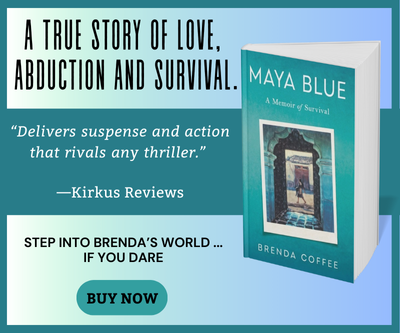A creative mind is more often than not palpable; you can hold it in your hand, hear it through your ears, or read it with your eyes. Where painters or musicians express their creativity through canvas or a music sheet, a writer will pour their creativity onto the page, enchanting each word and building deep and complex worlds. This is the path I have chosen, and I’m not alone. Every writer, regardless of genre, who may not even have a published piece, will have an impact on the lives of others as long as the writing is shared. Inspiration can spread like a wildfire; let the pages be a kindling that will never burn out.
When I was younger, and a bit more impressionable, I picked up a modest little novel and spelled out The Lightning Thief in my head and then through my lips. I had no idea the significance of it at the time, but the moment I opened the book and read the first page, I had signed my life away to creative writing. In The Lightning Thief, Rick Riordan takes the tales, epics and history of ancient Greek mythology and brings it up to speed with the modern world. Teenagers with pens that turn into swords, a summer camp dedicated to keeping demigods who are no older than myself safe from the mythological monsters out to get them. Oh yeah, and there’s also Chiron, the camp’s director who is bound to a wheelchair but secretly a Centaur, which is pretty sweet.
 Although there are four more books in the series, all it took for me to be hooked was the first. Since then, I embraced creativity wherever I found it, often finding myself aboard starships, battling minotaurs, or ruling a kingdom when I was actually hunched over my notebook in class. I knew that I wanted to write, and I wanted others to write with me. With the guidance of my dad, Jon, I began on my first book, Adventures While I Sleep, a very short but cute tale of a young boy who falls asleep on his brand new boat-shaped bed, and enters the wildest dream he’s ever had. Poorly written, with a lack of complex story progression, it was the humblest of beginnings. A few years later, after moving to Connecticut, I found myself and my father once again at the helm, spinning a brand new tale. This one’s a little more complicated, but in Aunt Yeti and Uncle Eddie, young and adventurous Robbie finds himself face to face with two enormous Yetis, but befriends them instead of fearing them. He spends the next few months making them part of his family, and teaching them how to live among humans. A little longer, and a little better written, we’re getting better.
Although there are four more books in the series, all it took for me to be hooked was the first. Since then, I embraced creativity wherever I found it, often finding myself aboard starships, battling minotaurs, or ruling a kingdom when I was actually hunched over my notebook in class. I knew that I wanted to write, and I wanted others to write with me. With the guidance of my dad, Jon, I began on my first book, Adventures While I Sleep, a very short but cute tale of a young boy who falls asleep on his brand new boat-shaped bed, and enters the wildest dream he’s ever had. Poorly written, with a lack of complex story progression, it was the humblest of beginnings. A few years later, after moving to Connecticut, I found myself and my father once again at the helm, spinning a brand new tale. This one’s a little more complicated, but in Aunt Yeti and Uncle Eddie, young and adventurous Robbie finds himself face to face with two enormous Yetis, but befriends them instead of fearing them. He spends the next few months making them part of his family, and teaching them how to live among humans. A little longer, and a little better written, we’re getting better.
How many times have you heard of someone so young publishing two books? Personally, not very often. I may have had a very early start, but people aren’t born good writers, and there certainly isn’t much special about me. However, some children are born into this world with colorful minds and a flair for expression, but it’s the circumstances they’re exposed to that can suppress this, or encourage it. The impact we have on our children is whether or not they have the tools they need to pursue greatness. I have a lot to thank my father for, but I especially credit him for feeding my creative mind with anything it needed. Whether it was playing pretend with me when I was younger, or buying me Legos to play with, or getting me all the books I could read, they all added up to bring me to where I am now. With this belief, my father and I joined an initiative for young writers at the East Norwalk Library. Dubbed “Kid Lit” With the help of Phyllis Asher, a retired school elementary school teacher, and Stan Siegel, the Executive Director of the library the class would first be introduced by myself with a lesson on various writing styles, as well as discussing their own creative experiences. Later, Phyllis and Stan would help students focus and develop their ideas, with the end product being published by the library as a book.To maintain our belief in imagination, we encouraged children who weren’t writers, but rather painters or those with a skill with the pencil other than words to join our program.
I will never stop writing; it’s a lifestyle. Writing is part burning desire, and part absolute necessity; It is a form of subtle self expression, and a way to share ideas better than any other.




